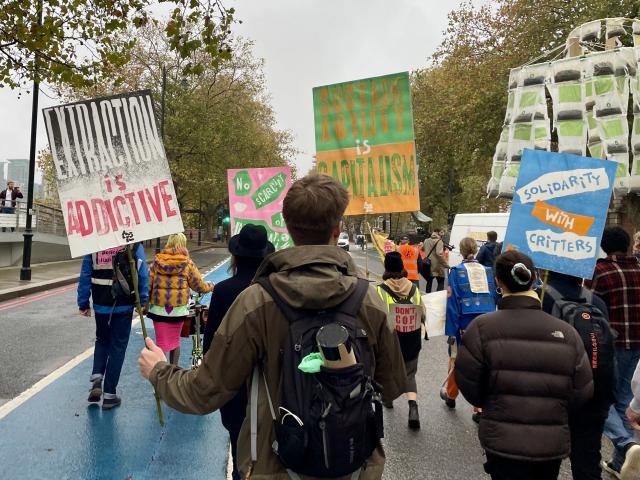- Conférence
- Partenariat
Urban Governance as Enabler
UPON REGISTRATION
@ luca - Luxembourg Center for Architecture
Their individual and common positions allow us to frame and understand the fundamental difference between mere critique and the way(s) in which critique can be productively applied through alternative forms of critical spatial practice.
Both positions will be individually presented at first, to be followed by a moderated discussion with Florian Hertweck & Markus Miessen.
“Architecture is Climate” by Prof Tatjana Schneider
Climate breakdown fundamentally alters architecture as we know it : as discipline, practice, field, and education. The systemic changes required to avoid complete ecological collapse should be accompanied by reimagined forms of architecture. The talk will take you through the research project 'Architecture is Climate' which reimagines the future of architecture through exploring its entanglements with climate breakdown. It takes a critical look at architecture's obsession with buildings and instead suggests ways of doing architecture beyond current norms. Building on a variety of spatial and non-spatial examples that provide powerful counterweights to dominant narratives, the focus will be on prompts for how other social and spatial practices might be imagined and enacted.
“The Architecture of Bureaucracy” by Finn Williams
For many architects, bureaucracy is the enemy of creativity – the antithesis of what we are taught architecture should be all about. At best, it is seen as a necessary evil; boxes to be ticked, rules to be bent, red tape to be cut. But the creeping bureaucratisation of the construction process, procurement and planning means bureaucracy now accounts for about 80% of an architect’s time. The more we struggle against it, the more we are bound in its web. By seeing architecture as a victim of regulations and legislation, the profession is reconciling itself to compromise. But if we learn to see bureaucracy as part of the design process, it can become a powerful form of design without drawing lines. How can bureaucracy be understood not as a constraint on creativity, but as a field for architectural creativity in its own right?
Introduction & Discussion
by Prof Florian Hertweck (Chair & Professor of Architecture at the Master in Architecture at the uni.lu) and Prof Markus Miessen (Professor of Urban Regeneration at the Master in Architecture at the uni.lu & Chair of the City of Esch).
This lecture is organised by luca – Luxembourg Center for Architecture in collaboration with COA – Cultures of Assembly and the Master in Architecture at the University of Luxembourg.
- Upon registration, free entry
- Language : English
Tatjana Schneider
Professor of Architectural Theory, TU Braunschweig
Tatjana Schneider leads the Institute for the History and Theory of Architecture and the City (GTAS) at the Technical University of Braunschweig. In the face of climate breakdown, her work is concerned with case studies that resist violent – exploitative, speculative and exclusionary — productions of space and the systemic changes that need to accompany reimagined forms and practices of architecture. In 2021, she ran for mayor of the city where she lives: Braunschweig.

Finn Williams
City Architect of Malmö
Finn Williams is the City Architect of Malmö. He previously worked to promote public architecture and planning in the UK through roles at Croydon Council and the Greater London Authority, and as the co-founder and chief executive of Public Practice. Tidskriften Rum named Finn as the most influential individual in architecture and design in Sweden in 2023.

